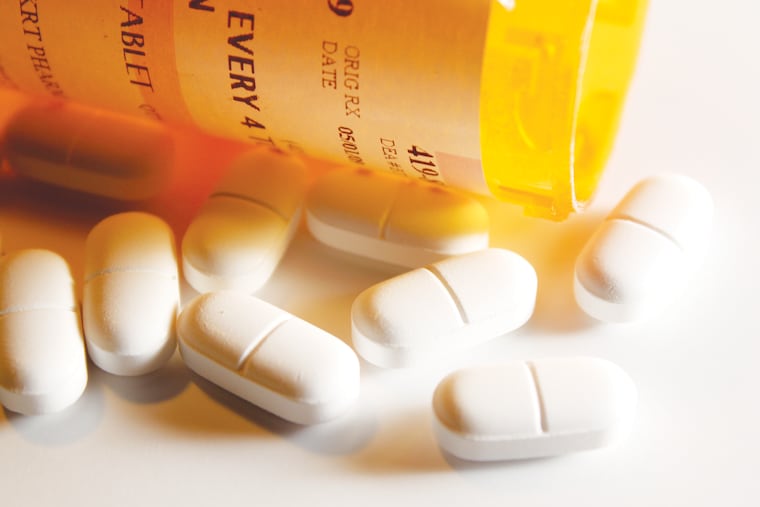Don’t skip your medication on the day of your doctor’s appointment
Should you take your routine medications on the day of a doctor's appointment?

At his last visit, my patient’s blood pressure was not well-controlled. Last month, after some improvement with diet and exercise, I recommended and prescribed an antihypertensive medication, which helps lower blood pressure. We were both disappointed that his blood pressure had not yet improved.
When patients come in for their appointments, I routinely ask about medications. Rather than “Are you taking your medication regularly?” which is a simple yes or no, I’ve switched to, “How often do you miss a dose of your medication?” Asking about missed doses usually gets a more honest answer because it supports a basic truth that no one is perfect.
During the visit, it is also important that I ask, “Did you take your medication(s) today?” In the case of my recent patient, he had skipped that morning’s dose.
It is essential to take your medicine on the day of your visit in order to see if it is working properly.
There is a common myth, which my patient believed, that it is best not to take scheduled medications on the day of a primary-care appointment so your clinician can evaluate you without any undue influence. Some people think it best to be examined without their medicine, so their clinician can see if they still need it. Others mistakenly believe that their medication will obscure something that should be noticed.
None of these assumptions is true.
In fact, it is essential to take your medicine on the day of your visit in order for your clinician to tell whether it is working properly. For instance, in my patient’s case, I wanted to see whether the antihypertensive medication was effectively controlling his blood pressure. The same is true for diabetes medication, when blood sugar is measured in the office, and for other chronic conditions.
There are some caveats. Over-the-counter cold medicines, which contain such decongestants as pseudoephedrine, may raise blood pressure and interfere with an accurate measurement. It is best to avoid taking these before your office visit. The same is true for energy drinks or other “performance booster” products. Tylenol is fine to take — leaving your fever untreated feels awful, and will not make it any easier for the clinician to figure out what’s wrong.
While access to health information has greatly improved with the help of the internet and social networks, it can be challenging to distinguish truth from folklore. Don’t hesitate to tell your primary-care clinician what you’ve read or heard. This may open the door to some valuable, enlightening discussions, such as the one my patient and I had about taking his medication on his appointment day.
I bet his blood pressure will be much better when he returns next month.
Jeffrey Millstein is a primary-care physician and medical director for patient experience-regional practices at Penn Medicine.